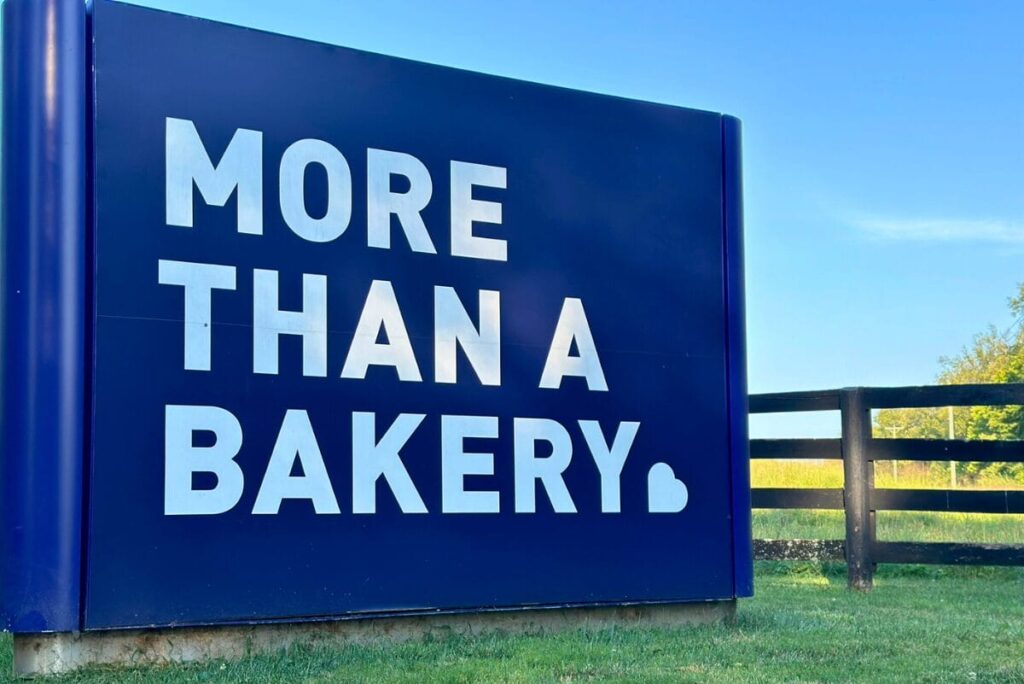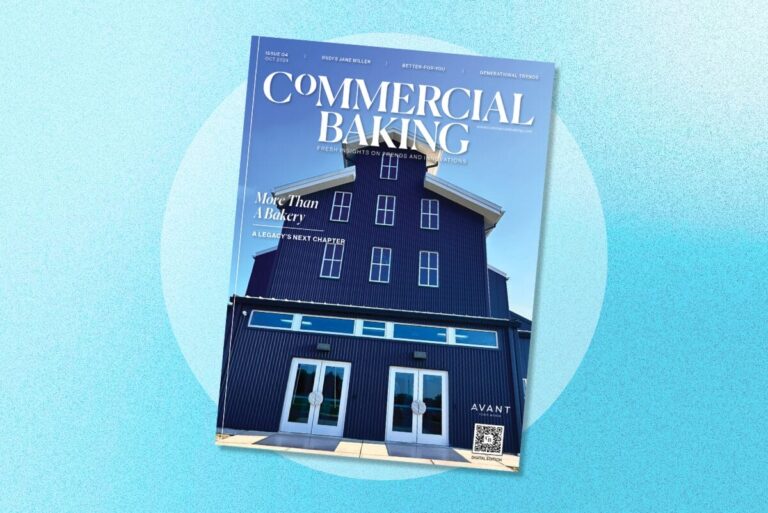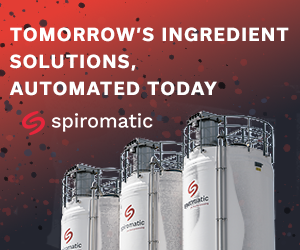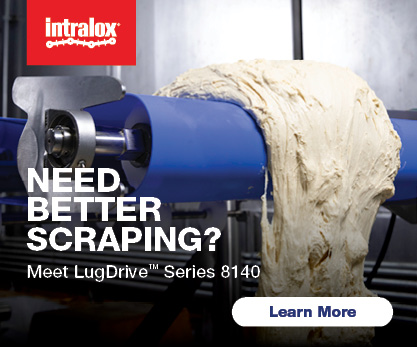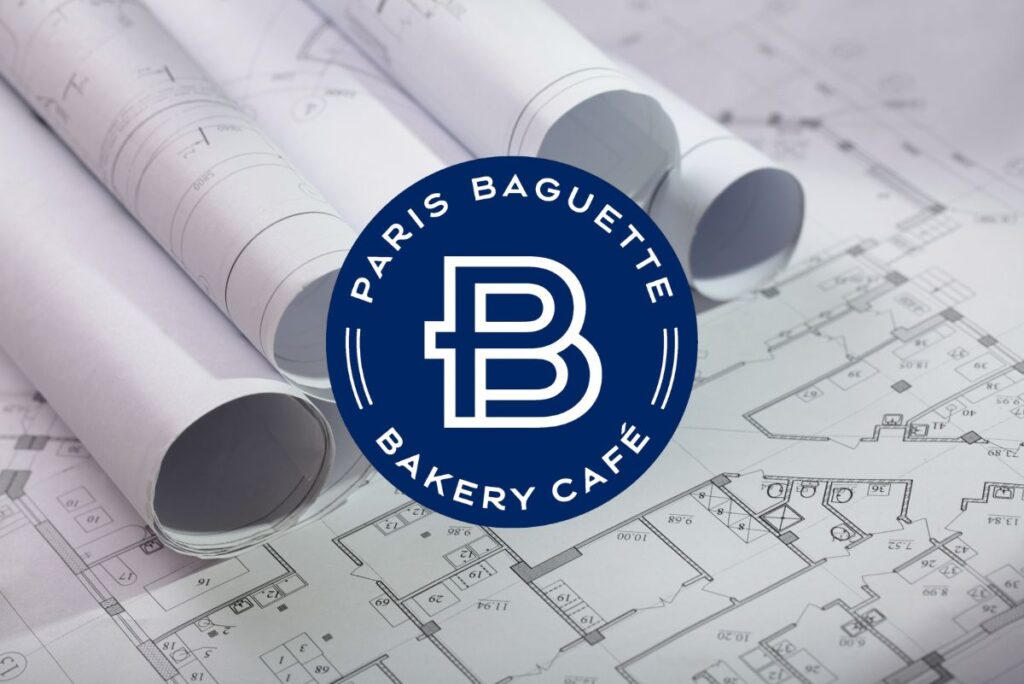VERSAILLES, KY — Today, Daisy Manjarrez is VP of continuous improvement for Versailles, Ky-based More Than A Bakery, responsible for optimizing processes and operational efficiencies. With those processes, accountability and training, the baking company, even as part of Richmond Baking, can now say it’s out of startup mode.
The operation has grown into two shifts a day during the week and one shift on the weekend. The shifts accommodate the second line from Reading Bakery Systems (RBS): Line Lugar, named after cookie and cracker icon Tom Lugar, and dedicated to cracker production. It was moved over from the Richmond Baking plant in Georgia, whose operation was folded into More Than A Bakery’s in 2019.
Such a move needs a lot of planning, from moving the physical equipment to incorporating the product runs into the schedule. Accomplishing that while still in startup mode was a feat that required help.
“We worked closely with RBS on this,” said Ian Lady, assistant VP of operations. “They brought a tech down to Georgia and helped us work with contractors to disassemble and unwire the equipment, get it transported here and put back together, and started up again.”

